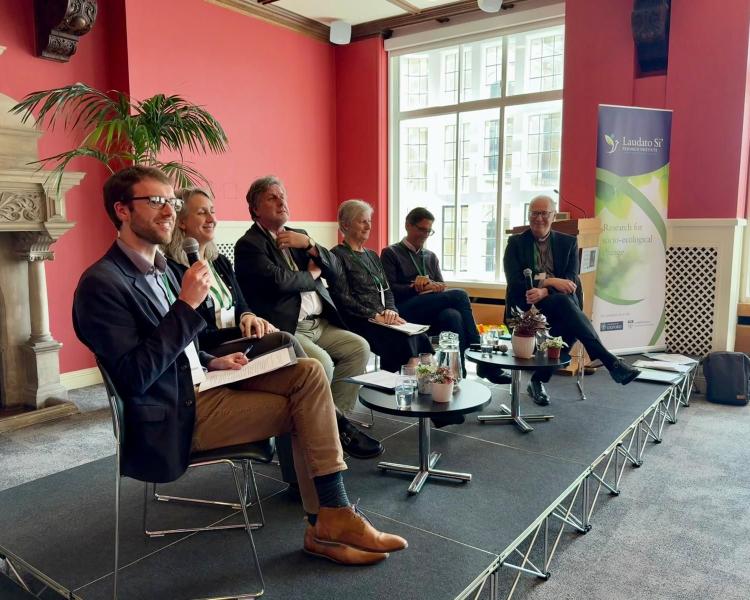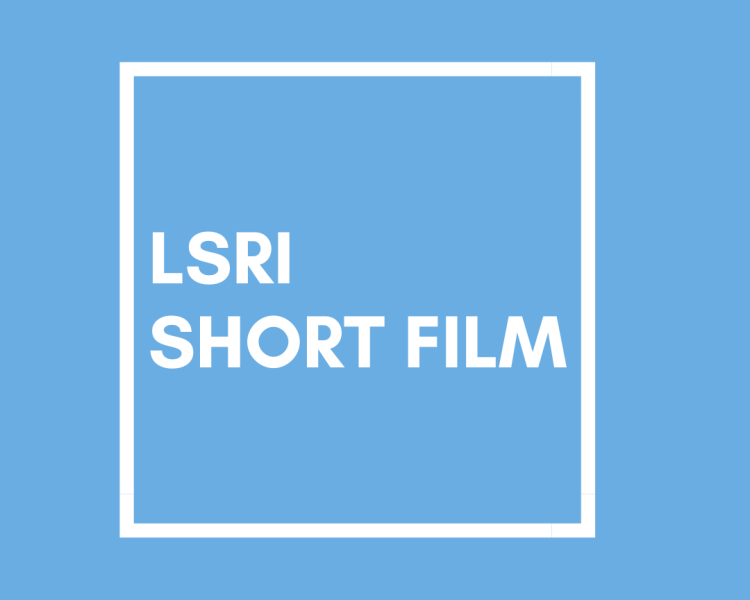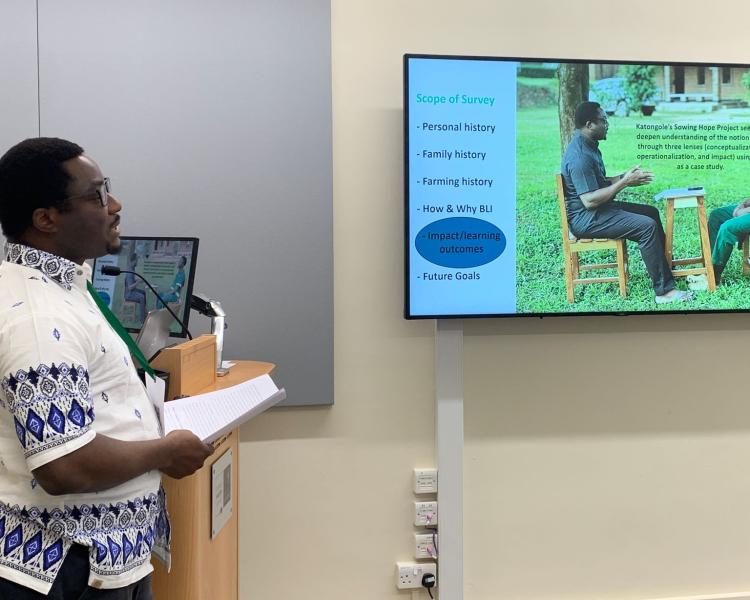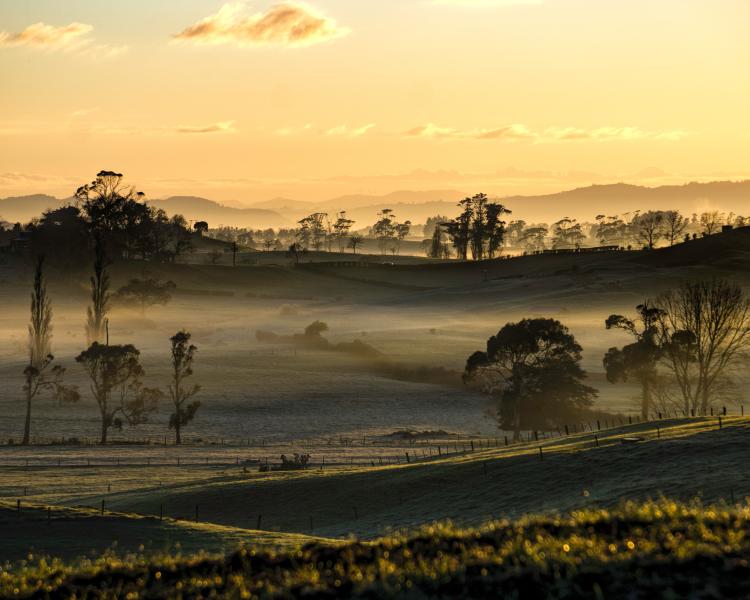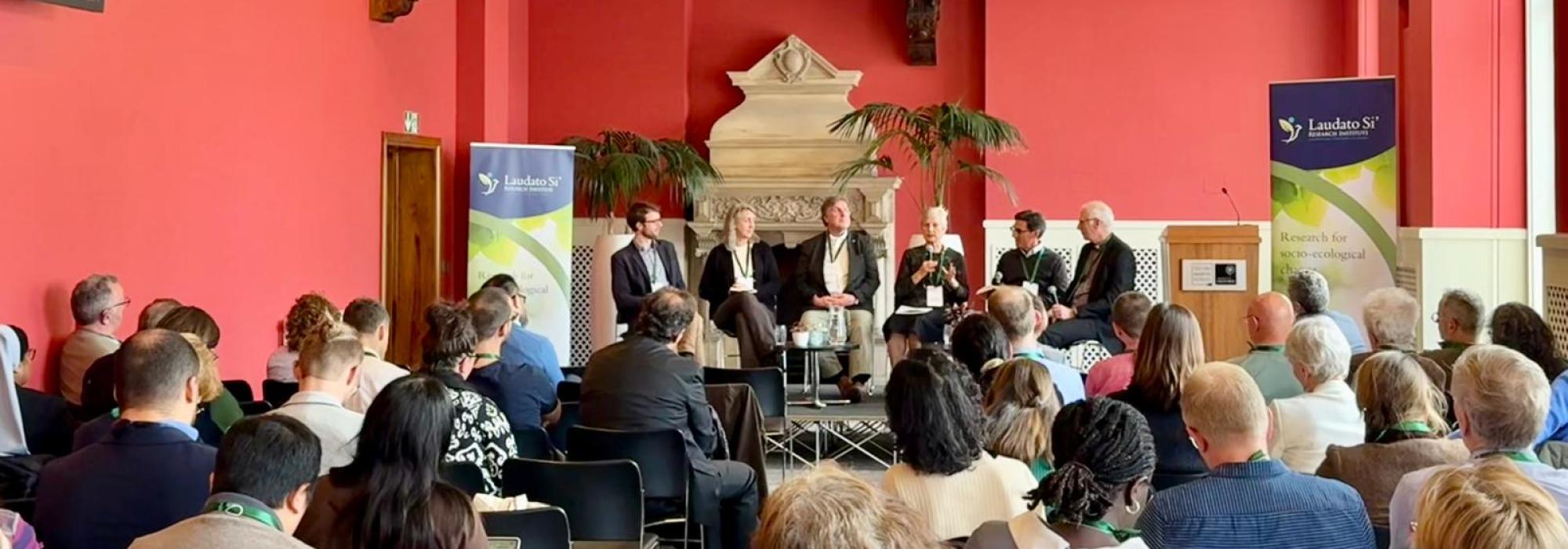
News | 30th April 2025
Theology & Integral Ecology Conference 2025: Carving a New Path
Photos: Jesuits in Britain
On 24-25 April 2025, the LSRI had the pleasure of welcoming over 100 participants to the University of Oxford for the Theology & Integral Ecology conference, our biggest conference to date.
Our guiding question was how to enrich the study of theology by means of the integral ecology paradigm. The idea of integral ecology, as used by Pope Francis in Laudato Si’ and other documents, allows us to take a holistic approach to contemporary global challenges, one that is able to embrace the inter-connectedness of social, cultural, economic, political, scientific and religious issues. This will enable us to challenge technocratic assumptions, to amplify marginalized voices and to promote interdisciplinary research.
The conference proposed a number of interesting applications of integral ecology including in relation to: the commons, Indigenous cosmovisions, geospatial land mapping, eco-anxiety, aesthetics, virtue ethics, earth system science, extractive industries, climate justice and many others.
It was a great learning opportunity to see how an integral ecology agenda for research and engagement is being shaped.
-
Professor Carmody Grey, Radboud University
Honouring Pope Francis
The conference was marked by grief and commemoration as we processed the news of the death of Pope Francis received just a couple of days earlier. As the name suggests, it was his work, especially his 2015 encyclical Laudato Si’, that inspired the creation and running of our Institute. His death has deeply shaken not just the Catholic community, but the entire world in search for guidance on today's crises. Our conference was offering in tribute of his legacy, which we believe will continue to activate processes of change in higher education through the integral ecology paradigm.
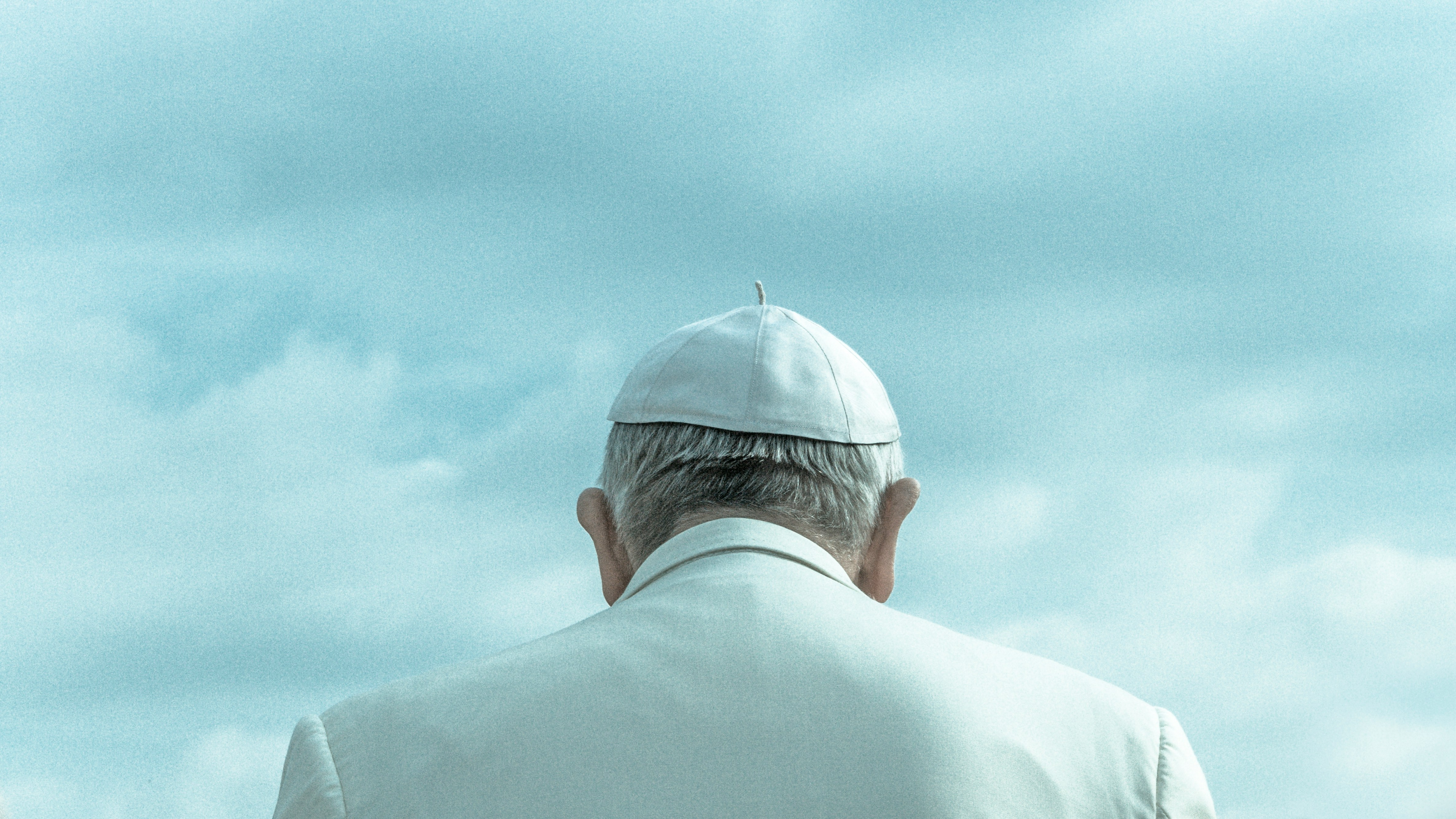
I was so moved by the different presentations and the whole field of the conference.
-
Rev Dr Mark Scarlata, University of Cambridge
A wide participation and an enriching programme
The conference gathered over 100 delegates. A wide range of disciplines were represented: theology and religious studies, of course, but also Geography, Development Studies, Biology, IR, Agricultural Studies, Health Care Ethics, Philosophy and Political Ecology.
The conference included a variety of formats including keynote lectures, discussion panels, a film showing, and a session for small paper presentations divided into streams: (A) perspectives from theology & philosophy; (B) interdisciplinary perspectives; and (C) applications in culture, society, and politics.
To explore the breadth of the topics discussed, we encourage you to read the publicly-available conference programme. It includes the goals of the conference, biographies of speakers, and in-depth abstracts of featured papers.
Day 1: The Theological Dimensions of Integral Ecology
On the first day, participants explored the potential contribution of Christian theological ideas to the integral ecology paradigm - including the doctrines of creation, anthropology, incarnation and eschatology - as well as interfaith perspectives.
Keynote Lectures.The Director of the LSRI, Professor Celia Deane-Drummond, opened the conference with an overview of the history of integral ecology within Catholic Social Teaching. She was followed by Professor Andrew Davison, Regius Professor of Divinity at the University of Oxford, who explored theology's vision of an ecological whole.
The panel "Integral Ecology and Christian Theology", moderated by the Revd Dr Nicholas Austin, Master of Campion Hall and Senior Fellow in Theological Ethics, explored the transformative potential of integral ecology for theological scholarship. Contributions included Dr Nancy Rourke, Dr Michael Kirwan, Sr Dr Kathleen Rushton, the Rev Dr Michael Scarlata, and Dr Tim Middleton.
Afternoon: Paper Presentations
1) PERSPECTIVES FROM THEOLOGY AND PHILOSOPHY
The group included Prof Louis Caruana's analysis of ecological interconnectivity and its theological consequences for moral and systematic theology; Dr Jakub Kowalewski's examination of the political theology of rest, especially as presented in the encyclical, might inform policy; and an exploration of the moral character as an "ecosystem of a sort" - embedded within a person’s surrounding ecosystems - by Dr Nancy Rourke.
2) INTERDISCIPLINARY PERSPECTIVES
Dr Cecilia Medupin focused on freshwater biodiversities, specifically macro-invertebrates with her paper titled The Scientist as Priest. Analysing Gerard Manley Hopkins, Dr Robin Schofield explored the contribution of poetry in tackling the ecological crisis. Lastly, Dr Ania Grobicki brought the example of the Climate and Spirit Group and the way hope informs ecological discernment.
3) APPLICATIONS IN CULTURE, SOCIETY, AND POLITICS
The Rev’d Margot Hodson began by reflecting on the implications of selling land to the highest bidder, as opposed to the local parish. Secondly, Ali Jones Alkazemi highlighted Francis and Latour's emphasis on a relational, incarnational understanding of God, humanity, and creation. Finally, Rachel Grandey examined the impact of religious belief on Hmong attitudes towards extinction in South East Asia.
After lunch, we screened the new LSRI film Faith, Ecology and Hope. The day concluded with a special Evensong at Christ Church Cathedral, Oxford with readings, prayers, and music related to integral ecology. You can read the programme here.
Day 2: Grounded Applications of Integral Ecology
The second day of the conference drew on a variety of disciplines to find synergies and foster a more holistic understanding of our contemporary crisis, enriching the theological debate with grounded experiences and ideas and encompassing diverse wisdoms and forms of knowledge.
Keynote Lectures. Dr Hilda Koster, Director of the Elliott Allen Institute for Theology and Ecology, University of Toronto, opened the day by reflecting on settler colonialism and Indigenous sacralities, focusing on the ecological dimension of colonialism and the ways in which integral ecology might enter in "a paramount sustained dialogue with Indigenous theologians." In the afternoon, Professor Luke Bretherton, Regius Professor of Moral and Pastoral Theology at the University of Oxford, explored the ancient social practice of the commons and how we might recover these practices as a response to the enclosure and assimilation that we are subject to in the age of AI. Questions from the audience included, among others, the role of emotions, anger, lament and resistance - and even how The Lord of the Rings might offer a theological interpretation of these themes.
The panel "Integral Ecology in Transdisciplinary Perspectives", moderated by Dr Timothy Howles, included Prof Nathalie Seddon, the Rev'd Prof Emmanuel Katongole, Prof Mark Harris, Dr Richard Boyle, and Prof Carmody Grey. Together, they reflected on how integral ecology might truly transcend disciplinary boundaries, and whether academia has yet created the spaces for such integration. Questions focused on the balance between theory and practice, the relationship with practitioners, and the problem of scalability.
Afternoon: Paper Presentations
1) PERSPECTIVES FROM THEOLOGY AND PHILOSOPHY
Caitríona Cunningham opened with reflections on eco-anxiety, followed by Dr Vicente Chong, SJ, who explored art as a vehicle for integral ecology, through works by Maximino Cerezo Barredo and Adolfo Pérez Esquivel. Dr Timothy Howles closed the session with a presentation on the hubristic conflation of Earth and God.
2) INTERDISCIPLINARY PERSPECTIVES
The group, with presentations from Dr Séverine Deneulin and Molly Burhans, focused on the critical issue of mining and the importance of geospatial land mapping in providing comprehensive and impactful solutions.
3) APPLICATIONS IN CULTURE, SOCIETY, AND POLITICS
Dr Kasia Mika-Bresolin offered a reflection on Caribbean perspectives through Black thought and poetics. Dr Matthew Barber-Rowell shared insights from Spaces of Hope, rooted in urban communities in northwest England. The Rev'd Emmanuel Ojeifo concluded with an outline of the experience of the Bethany Land Institute in Nandere, Uganda.
The time together was inspiring, educational, and a joy to share.
-
Molly Burhans, cartographer, data scientist and environmental activist
Hear reflections from our participants on Pope Francis’s ecological vision in this video by the Jesuits in Britain:


